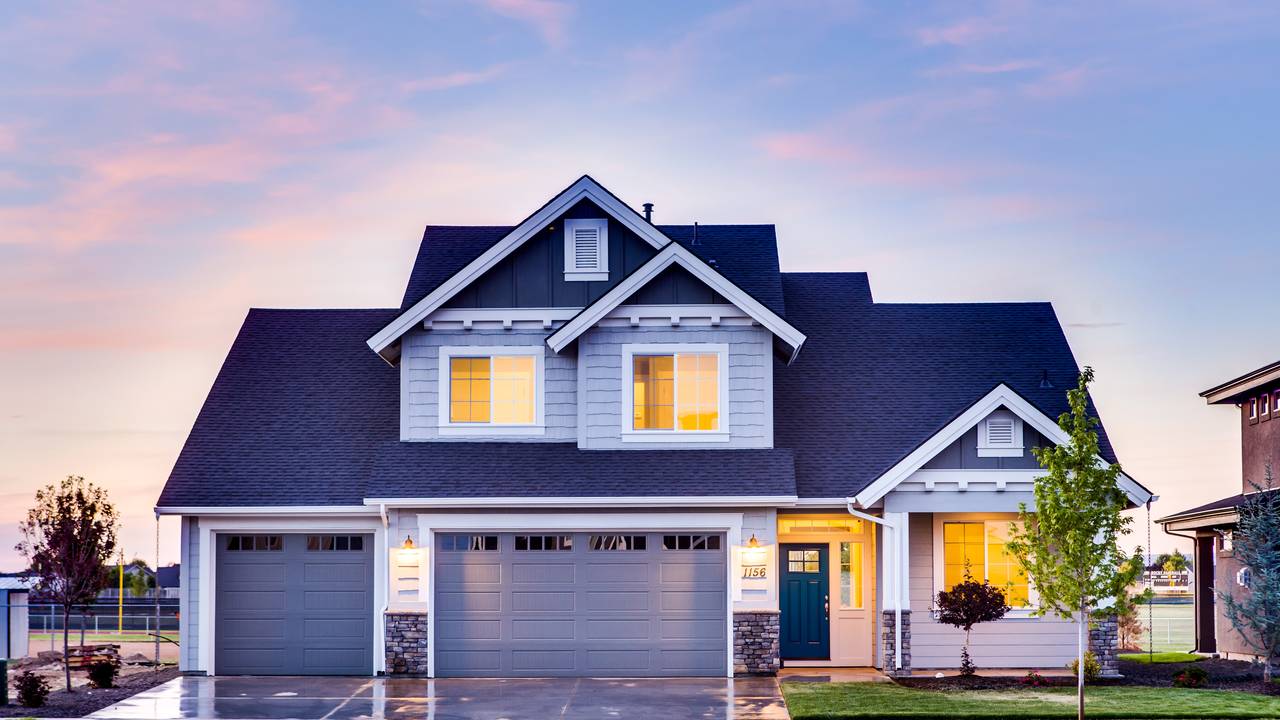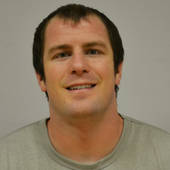Many homeowners focus on preventing mold infestation, water damage, rot, and fire damage to their homes. However, an often overlooked issue that all homeowners want to avoid is premises liability. Being served with a complaint from a personal injury lawyer alleging negligence and liability for an injury on your property is something you do not want to face.
What is Premises Liability?
Premises liability is a legal concept that holds property owners responsible for accidents and injuries that occur on their property. Property owners, including homeowners, have a duty to maintain a safe environment on their property for visitors and guests. If a visitor or guest is injured in a preventable accident, the homeowner may be held liable for damages and losses.
However, premises liability lawsuits are not that simple. These personal injury claims involve negligence.
The accident victim must prove that the property owner was negligent. The negligence can be intentional or unintentional.
Someone injured on your property would need to prove the elements of negligence to recover compensation. Generally, negligence claims involving proving that the person owed you a duty of care, the person breached that duty of care, the breach caused your accident, and the accident resulted in your injury.
You owe a duty of care to your guests and visitors. If you fail to maintain your property or correct dangerous and hazardous conditions, you could be responsible for a premises liability claim.
What Steps can I Take to Prevent a Premises Liability Lawsuit?
Maintaining your property is the best way to prevent a premises liability lawsuit. In addition to general property maintenance, you may need to take extra preventative steps to avoid accidental injuries on your property.
5 Steps to Protect Your Home from Premises Liability Claims
1. Regularly Inspect Property
Homeowners could be held liable for dangerous conditions they knew about or should have known about. Therefore, it is a good idea to walk around your property to search for hazards. If you find a hazard, take immediate steps to repair the damage or secure the area to prevent anyone from entering the area until the hazard is removed.
2. Perform General Maintenance
Some areas of your home and property need regular general maintenance to remain safe. For example, steps may need replacing periodically. Light bulbs need replacing when they go out, and worn rugs need replacing.
Any items that wear out can become a hazard. By keeping up with general maintenance, you can prevent dangerous or hazardous conditions from occurring, which could lead to a premises liability claim.
3. Secure Dangerous Areas
Some areas of a home or property can be inherently dangerous. Those areas need to be secured, and extra steps may be necessary to avoid liability for an accident or injury.
Some areas of your home that could pose significant dangers include swimming pools, hot tubs, walkways, and staircases.
Swimming pools and hot tubs pose a special danger to visitors. You may want to consider installing fences and warning signs. Self-closing gates and childproof locks are also helpful.
Removing anything that could be used to climb fences to gain access to the pool area is also a good idea. Removing all clutter from the pool area and having life-saving equipment is necessary to protect guests who are using the pool.
Walkways and stairs are other areas of particular concern because they are tripping hazards. Falls are common reasons for premises liability claims. Keeping walkways and stairways free from debris and slipping hazards is essential.
If stairs or walkways are damaged or worn, make repairs immediately to avoid trips, slips, and falls.
4. Install Extra Lighting and Safety Features
Installing extra lighting, cameras, and other safety features are good preventative measures for avoiding accidents. Make sure to install handrails and railings to prevent falls. Any safety measures you can take to prevent accidents is evidence that you took reasonable steps to avoid accidental injuries.
5. Take Care of Hazards Immediately
As discussed above, hazards that are left unattended create a liability for a homeowner. If you know that there is a problem anywhere on your property and you fail to take care of the problem, you can be held liable for damages if someone is injured.
For example, your neighbor’s dog digs a hole in your front yard. You are irritated, but you do not have time to deal with a hole right now. Two weeks later, your mailperson trips as he is delivering the mail and is injured.
Because you knew of the hole and did nothing to warn visitors or correct the matter, you could be liable for your mailperson’s injuries.
Purchase Additional Homeowner’s Liability Insurance
In addition to taking steps to avoid a premises liability lawsuit, homeowners may want to purchase additional liability insurance. You may not be able to prevent all accidents and injuries on your property. Having adequate homeowners liability insurance coverage helps protect your assets if someone is injured on your property.
You may want to purchase an umbrella policy. Umbrella policies provide the highest liability coverage limits to protect homeowners in the event of a premises liability claim.
Depending on your situation, you may need to take additional steps to protect yourself from lawsuits for accidental injuries on your property. You may want to purchase additional liability insurance with special riders for swimming pools, pet liability, trampolines, or other circumstances. The steps you take today could prevent you from being named in a personal injury lawsuit tomorrow.


Comments(1)